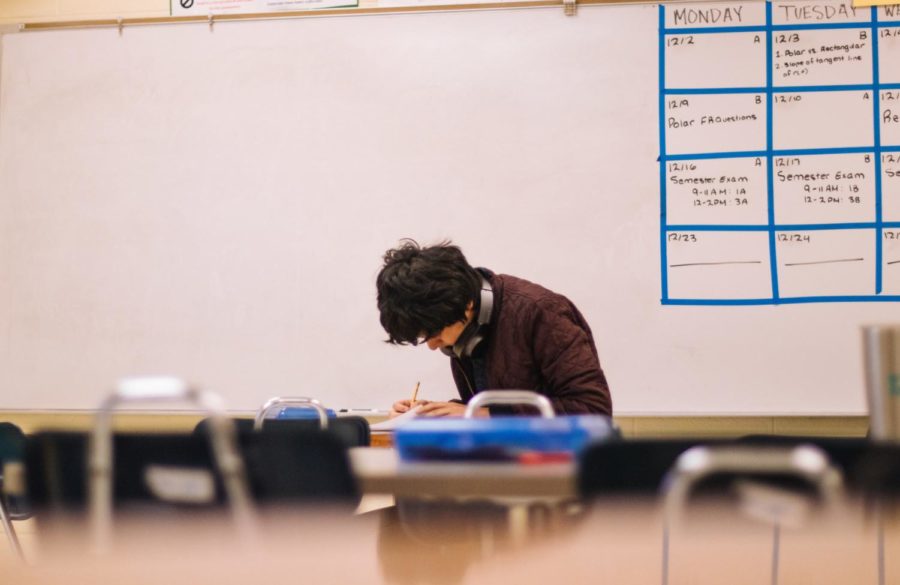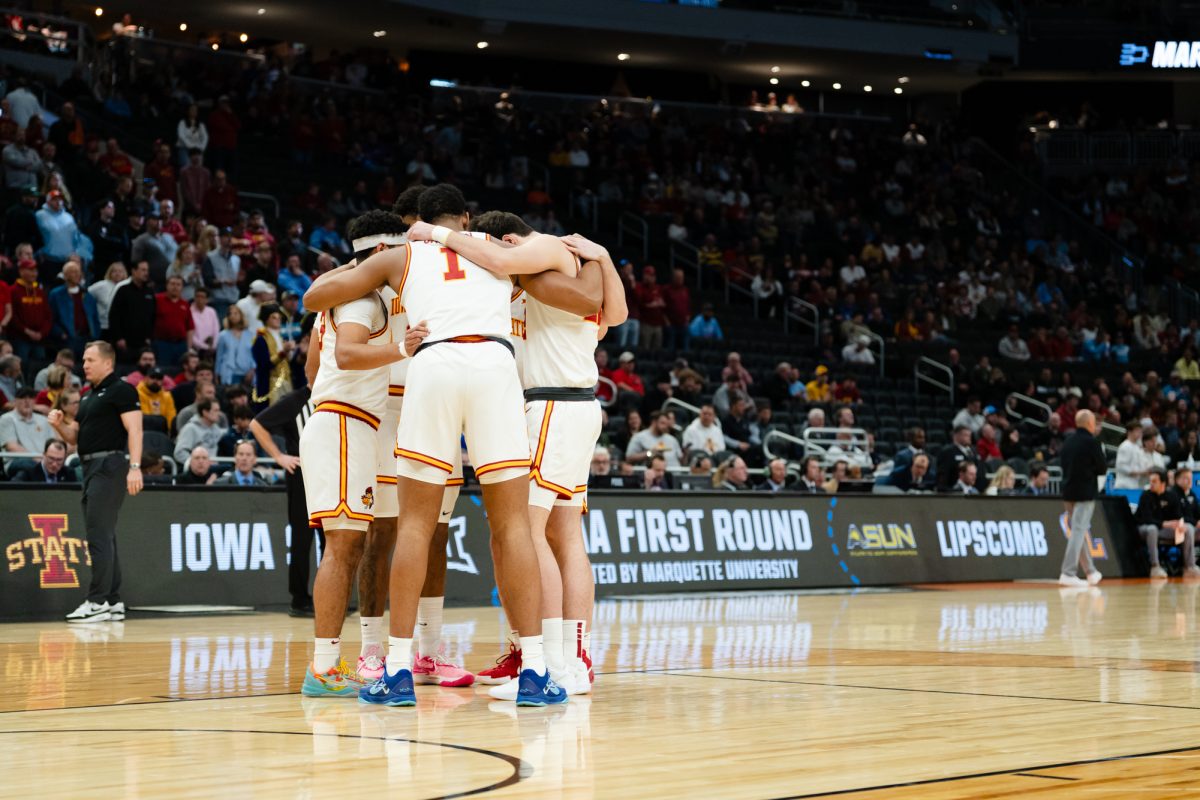Sosa: Learning to study after a failed exam
September 30, 2021
If you recently failed a class for the first time in your academic career, you are probably questioning whether college is for you. The answer to that is a bit nuanced as each individual is different, but you need not throw out the bathwater with the baby just yet.
The first time I got a 59 percent was in my Calc 1 class; my heart sunk when I saw that grade. I’ve done very well in school until that point. I was in advanced math classes since seventh grade; how could I have failed that first exam?!
Of course, the reason I failed was that I hadn’t studied properly for the class. I had thought that doing the homework and going to lecture would be sufficient study time. Clearly, it wasn’t.
High school had been easy. I had even taken some college-level courses while in school, so it made sense that I would feel ready for college classes.
Boy, was I wrong! What I learned was that studying is a skill. It is not just memorizing things and being able to spit them back out, as in most of my high school classes.
Real study is an active activity where you get a better understanding of the subject matter at hand. When I was doing homework, I practiced the concepts taught in class, but I was doing so with unlimited time.
Tests aren’t unlimited, for the most part.
Working through problems in a specific time frame requires understanding the concepts and having experience applying them in different situations.
The best way I have found to learn was to pretend to teach myself and ask myself questions regarding the subject I was studying. I started to lock myself away in a room at the library and spent serious time doing this.
I passed the class with an A.
Not all students can spend countless hours studying. I’m also much older than when I first took that first calc class. That same strategy no longer works. I’m lucky if I have an hour here and there to dedicate to studying.
But luckily, there are many different ways to study. You just have to find what works for you. Here are some ways that I’ve also found helpful.
Set aside 15-30 minutes per subject every week.
Obviously, more time would be ideal, but if you can’t do that, then 15 minutes is better than no time. Spacing out studying has been shown to help you understand the material better than cramming before an exam.
Study groups and help hours
This may or may not be your thing. I don’t join study groups too much because I don’t have time. But they have been so helpful! Sometimes I have no idea how to solve a problem, and another student knows exactly what’s going on.
If there are no study groups or you don’t want to join one, going to help hours (whether to see TAs or professors) has been a lifesaver. Others can help you by explaining concepts in ways you may not have thought of.
Find help online
I live an hour from ISU, so going to help hours/help sessions/etc. is not always an option. Because of this, I started watching online content from other professors. Being able to pause a video while they are explaining what’s going on has been a blessing.
I would not have passed my statics class without Dr. Jeff Hanson.
These are a few of the studying habits you can pick up, but that’s not it. Here are other ten ways you can study smarter, and on Google, there are even more.
In the end, studying takes time. Some subjects take more than others. I think we all know that. Sometimes all you want to do is pass a class, and that’s understandable. I’m not here to tell you how to go from an F to A, just giving you the different strategies you may use to improve your grades if you want to.
Failing a class or exam is bound to happen here and there.
I’ve dropped classes because I know I’m not going to be able to pass them, though I’ve gotten smart enough to do so before the end of the first week. That way, it doesn’t count towards the official five drops we get at ISU.
If you have a bad grade in the class, talk to your professor and see if there’s enough time for you to bring up that grade. Make a plan on how you are going to do that and put in the work. Or not. Dropping the class is an easy thing to do, but it’s not always the best option. It’s your life, and you have to make your own choices.







